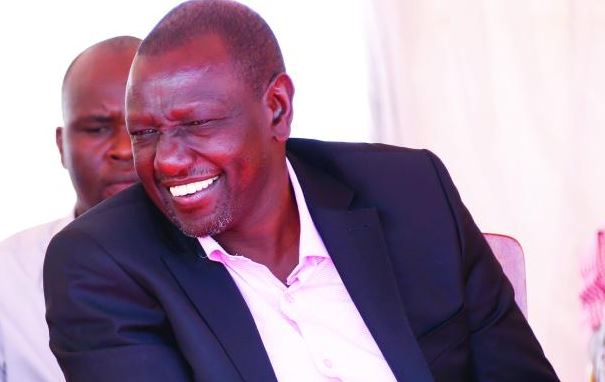×
The Standard e-Paper
Home To Bold Columnists

Less than a fortnight after Ndaragwa MP Jeremiah Kioni introduced a referendum Bill in the National Assembly, allies of Deputy President William Ruto (above) have developed a rival version that hands the DP a political lifeline in referendum politics.